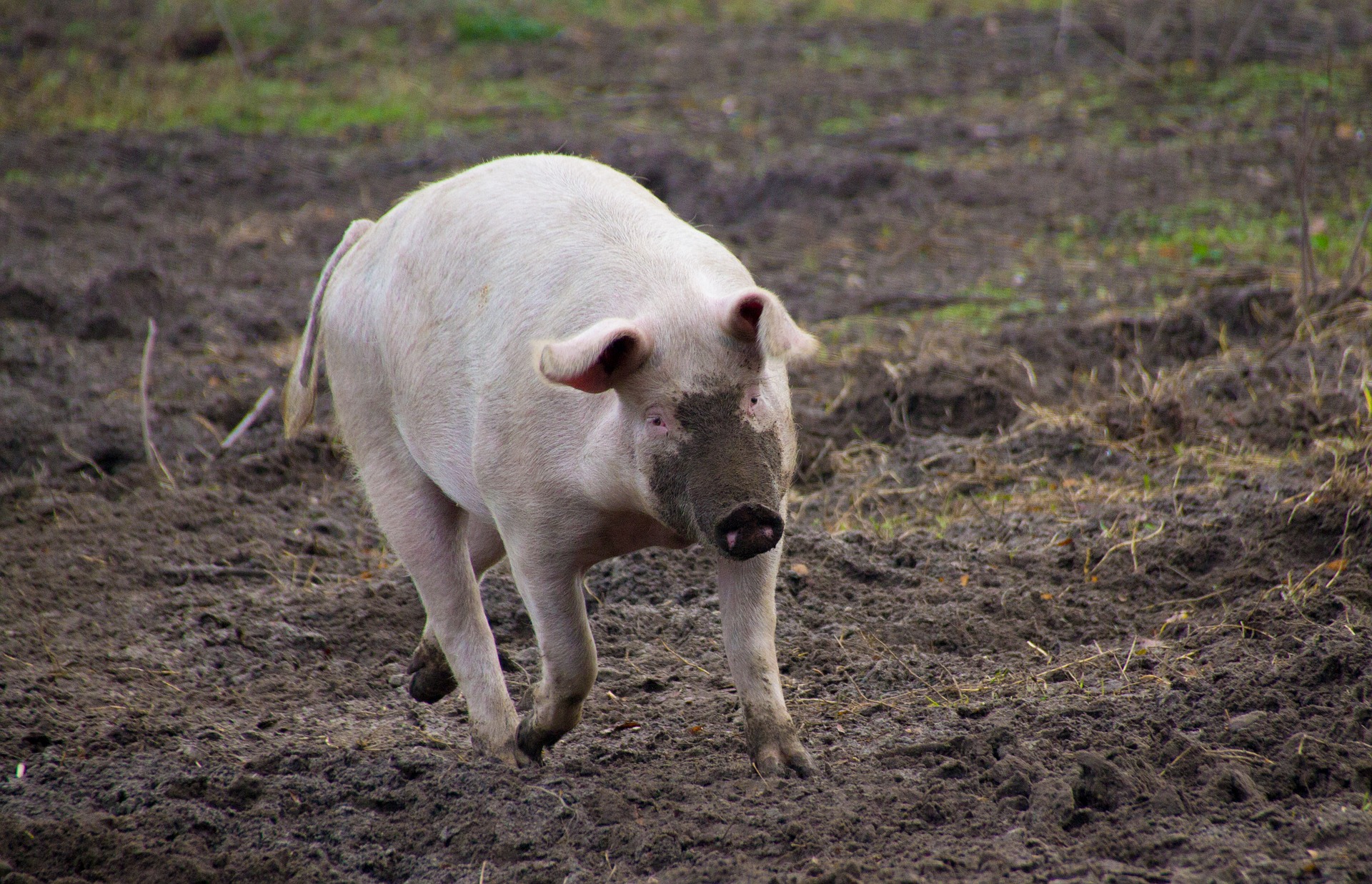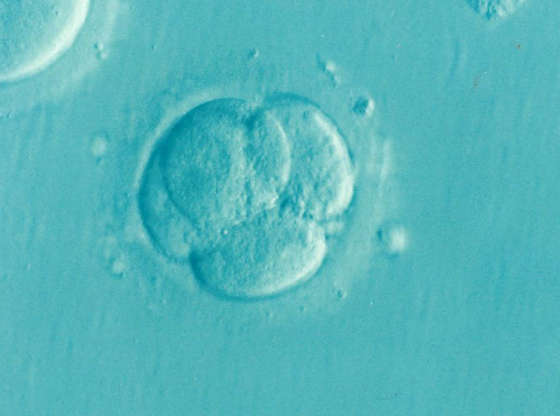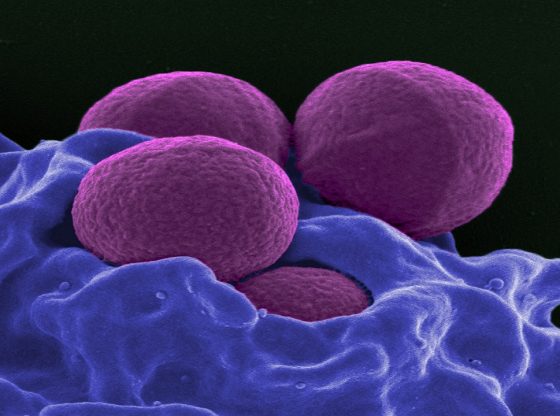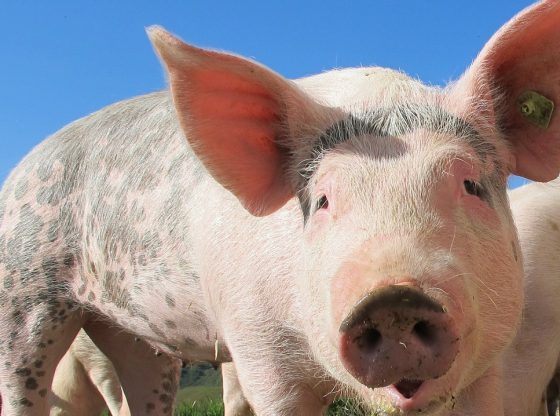Chinese researchers have managed to clone pigs of retroviruses – a step forward in the quest to transplant from pigs to human beings.

The high demand for and lack of organs to transplant makes many hope that it will be possible to use piglets for organ transplantation. Xenotransplantation, the use of animal organs for human transplant, is a promising approach to alleviate the severe shortage of organs for human transplantation.
A major obstacle for this to happen is so-called endogenous retroviruses, PERVs (Porcine Endogenous Retrovirus), viruses whose genetic material is incorporated into the pig’s own DNA.
Chinese scientists have now managed to clone pigs that are completely free of retroviruses, they report in the journal Science. Using CRISPR-Cas9 technology, it enabled them to more easily and more precisely cut out the viral gene.
The researchers removed just 25 viruses that were still capable of infecting other cells then sucked the DNA-containing nuclei from the virus-cleaned cells and injected them into pig eggs.
“This research represents an important advance in addressing safety concerns about cross-species viral transmission,”
“Our team will further engineer the Perv-free pig strain to deliver safe and effective xenotransplantation.”
– Study author Luhan Yang of the biotech company eGenesis told The Guardian.
The second major obstacle before we can start transplanting has to do with rejection – and the same research group is also trying to solve thise problem using the same genetic engineering.
Reference:
Niu et. al. Inactivation of porcine endogenous retrovirus in pigs using CRISPR-Cas9. Science 10.1126 / science.aan4187 (2017)











![OpenAI. (2025). ChatGPT [Large language model]. https://chatgpt.com](https://www.illustratedcuriosity.com/files/media/55136/b1b0b614-5b72-486c-901d-ff244549d67a-350x260.webp)
![OpenAI. (2025). ChatGPT [Large language model]. https://chatgpt.com](https://www.illustratedcuriosity.com/files/media/55124/79bc18fa-f616-4951-856f-cc724ad5d497-350x260.webp)
![OpenAI. (2025). ChatGPT [Large language model]. https://chatgpt.com](https://www.illustratedcuriosity.com/files/media/55099/2638a982-b4de-4913-8a1c-1479df352bf3-350x260.webp)








